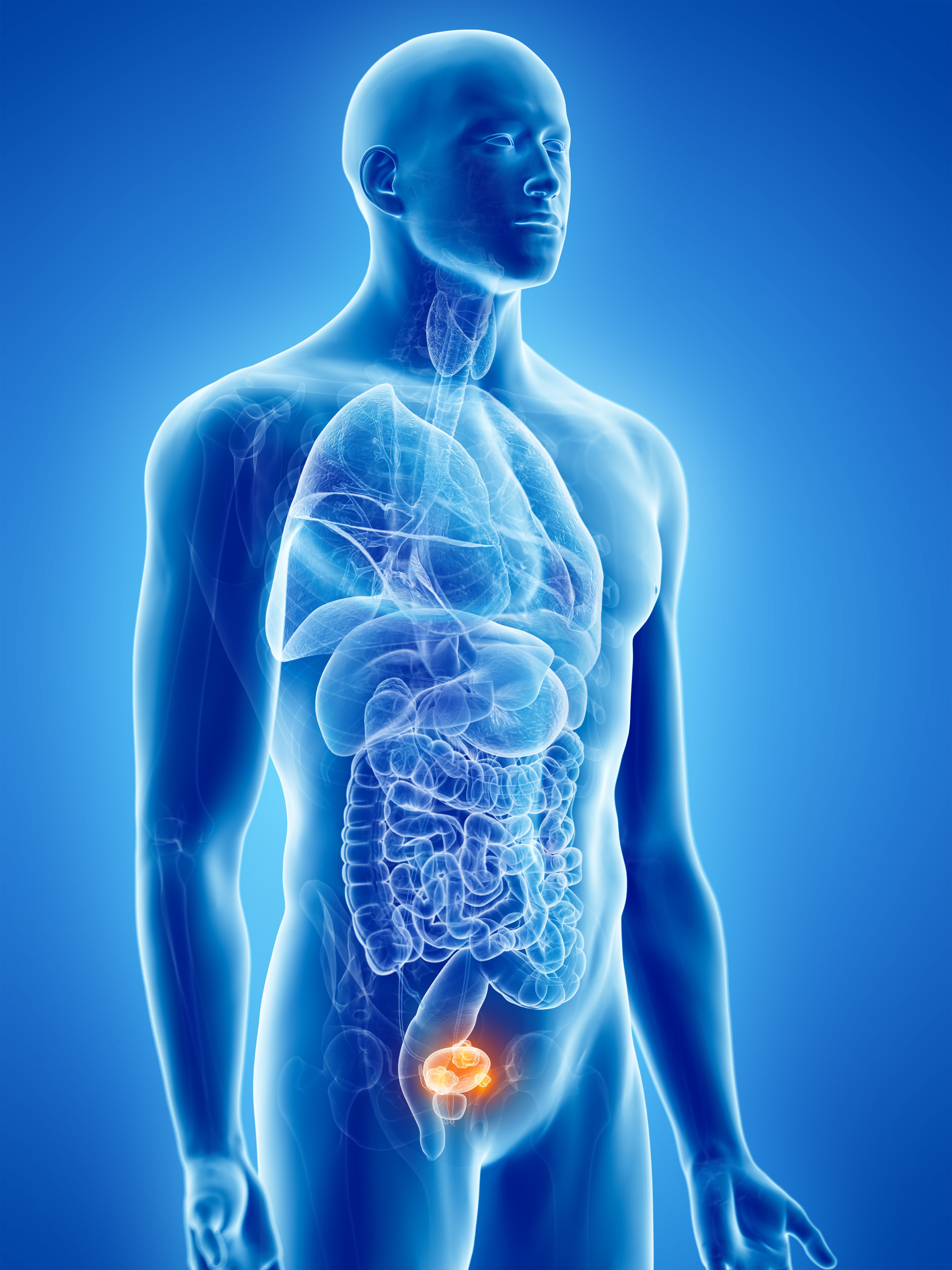FDA Accepts IND for UGN-103 in Low-Grade Intermediate-Risk NMIBC
An investigational new drug application for UGN-103 was accepted by the FDA. A phase 3 study to assess the safety and efficacy of the agent in low-grade intermediate-risk non-muscle invasive bladder cancer is anticipated.

- The FDA has accepted the investigational new drug (IND) application for UGN-103.
- UGN-103 is a next-generation novel mitomycin-based formulation being developed for the treatment of patients with low-grade intermediate-risk non-muscle invasive bladder cancer (NMIBC).
- A phase 3 study to assess the safety and efficacy of UGN-103 in this patient population is expected to begin in 2024.
An IND for UGN-103, a next-generation novel mitomycin-based formulation, has been accepted by the FDA for the treatment of low-grade intermediate-risk NMIBC.1
UGN-103 utilizes UroGen's RTGel technology, a sustained-release hydrogel that allows for longer contact between the medication and bladder tissue. This extended exposure may enable non-surgical tumor treatment.
A phase 3 study to assess UGN-103's safety and effectiveness is planned for 2024. Additionally, the new 80-mg dosage could streamline manufacturing, simplify preparation, and potentially extend intellectual property protection until December 2041.
“We are delighted by the FDA's acceptance of our IND for UGN-103, marking a significant step forward in our mission,” said Liz Barrett, president and chief executive officer of UroGen, in a press release. “We eagerly anticipate commencing a clinical trial with UGN-103 this year, as we strive to continually advance and develop treatments for patients with high unmet need.”
3D rendering of bladder cancer: © SciePro - stock.adobe.com

This IND acceptance from the FDA for UGN-103 follows the expected FDA approval of UGN-102 (mitomycin), which is an intravesical solution as being tested in a phase 3 trial for patients with low-grade intermediate-risk NMIBC. This agent also uses UroGen’s proprietary RTGel technology.
Interim findings from the ENVISION trial (NCT05243550) evaluating UGN-102were presented at the 2023 Society of Urologic Oncology Annual Meeting and showed a complete response rate of 79.2% (95% CI, 73.5-%84.1%) with UGN-102 at a 3-month follow-up.2 Of the remaining patients, 14.6% had residual disease, 2.5% progressed to high-grade disease, 1.7% had an indeterminate response, and there was no data for 2.1%.2
Safety findings showed that nearly all treatment-emergent adverse events (TEAEs) were mild or moderate, and TEAEs seen in at least 5% of patients consisted of dysuria (17.9% mild; 3.8% moderate), hematuria (6.3% mild; 2.1% moderate), pollakiuria (5.4% mild; 0.8% moderate), urinary tract infection (1.7% mild; 4.2% moderate), and fatigue (3.8% mild; 1.7% moderate). One patient had severe dysuria.
Assuming that findings from the phase 3 ENVISION study are positive, the rolling new drug application submission for UGN-102 is expected to be completed by the FDA in September 2024. The potential FDA decision on the agent could be as early as the first quarter of 2025 if priority review is granted.
REFERENCES:
1. UroGen announces FDA acceptance of investigational new drug application for UGN-103, a next generation mitomycin-based formulation for low-grade intermediate-risk non-muscle invasive bladder cancer. News release. UroGen Pharma Ltd. April 15, 2024. Accessed April 15, 2024. https://tinyurl.com/mr3wyswv
2. Prasad S, Mladenov B, Shishkov D, et al. Primary chemoablation for recurrent low grade intermediate risk (LG IR) NMIBC: the ENVISION trial. Presented at: 2023 Society of Urologic Oncology Annual Meeting. November 28-December 1, 2023; Washington, DC. LBA 3389
FDA Accepts sBLA of Dostarlimab/Chemo to Include All Advanced Endometrial Cancer
April 24th 2024The FDA accepted the supplemental biologics license for dostarlimab plus standard-of-care chemotherapy for all patients with primary advanced or recurrent endometrial cancer and set a Prescription Drug User Fee Act action date of August 23, 2024.
Read More
FDA Approves Nogapendekin Alfa Inbakicept for BCG-Unresponsive NMIBC Carcinoma In Situ
April 22nd 2024Patients with Bacillus Calmette-Guérin-unresponsive non-muscle-invasive bladder cancer carcinoma in situ now have a new treatment option following the FDA’s approval of nogapendekin alfa.
Read More